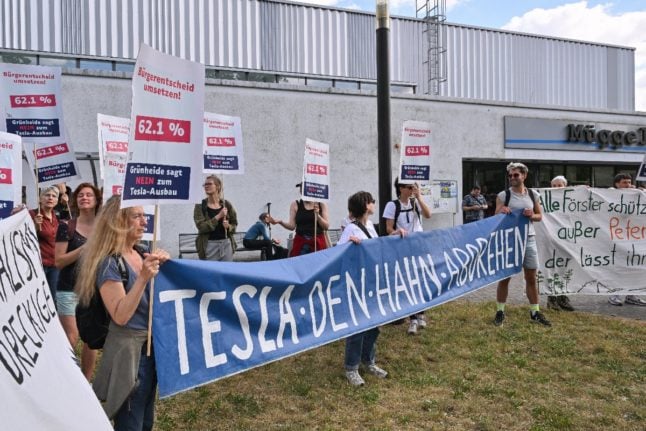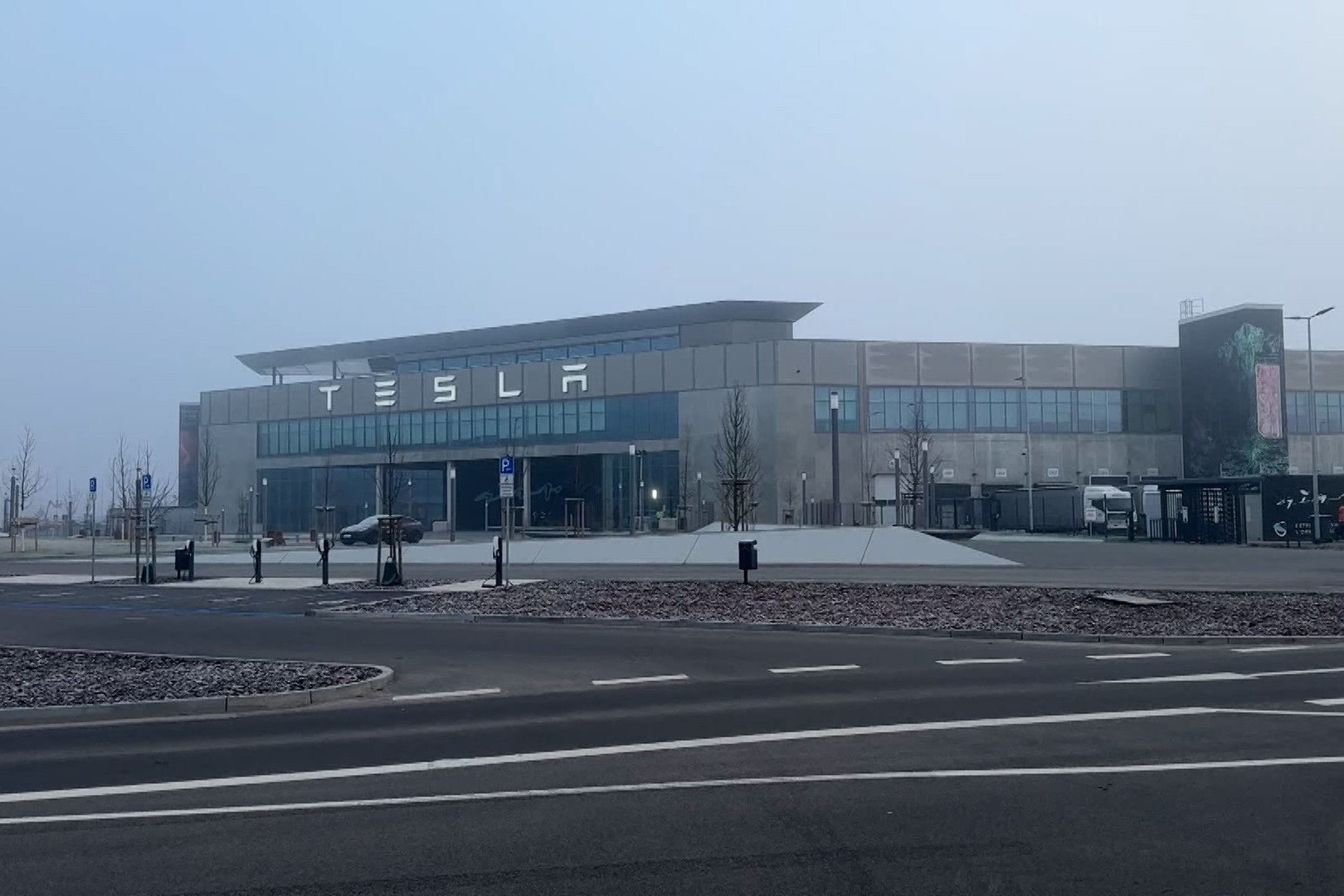Berlin’s population grew by record amounts in 2022, offsetting a decline seen during the pandemic. Leading the way are internationals, who are driving the city’s growth. Berlin had a net gain of 88,810 foreigners last year. Meanwhile, more Germans left than came—with over 13,481 moving out of the capital in 2022 than coming in, according to just released stats from the Berlin-Brandenburg statistics office.
Refugees fleeing Russia’s war against Ukraine make up the single biggest contributor to Berlin’s population boom, with 42,916 Ukrainians arriving in 2022. Indians made up the second-biggest group of foreigners, with 7,798 net new arrivals. In third place were Russians, with 5,727 new net arrivals.
The share of Berlin’s residents who are foreigners has thus climbed to nearly a quarter of the city’s population – at around 24.3 percent. While people with Turkish nationality are still the largest group of foreigners in Berlin at 101,325 people, Ukrainians now make up the second-largest group, numbering 57,495. Poles come third, at 54,068.
The city’s central Mitte district saw the biggest increase, with 38 percent of residents holding a foreign passport and over half coming from a migration background. The Berlin district of Friedrichshain-Kreuzberg lost the most Germans last year out of any district, with 3,137 fewer than in 2021. However, the official statistics don’t make it clear whether these people left to move somewhere else or whether they passed away.
The Treptow-Köpenick district remains the least foreign in the capital, at 14.8 percent of residents.




 Please whitelist us to continue reading.
Please whitelist us to continue reading.
Member comments